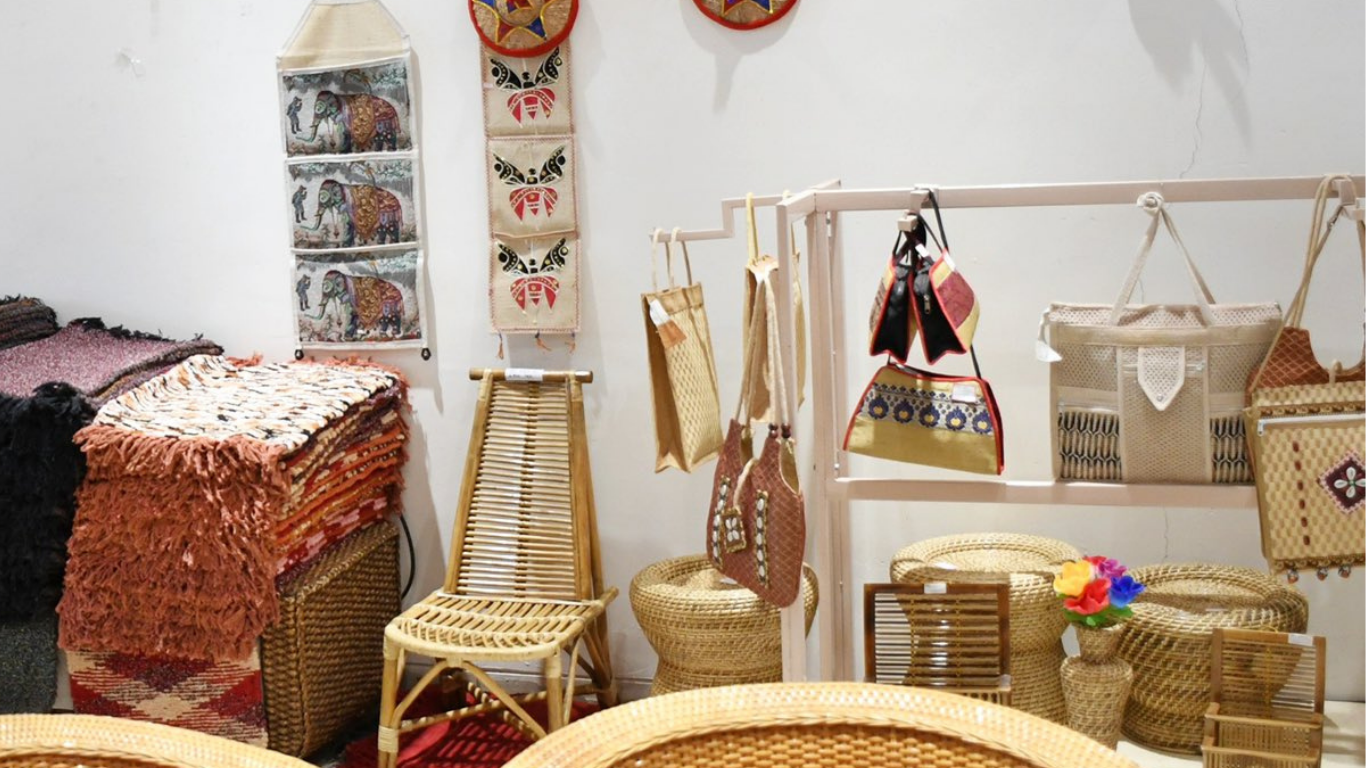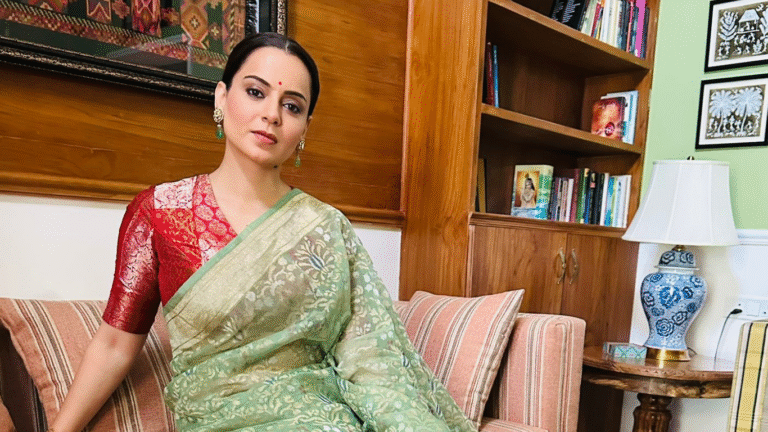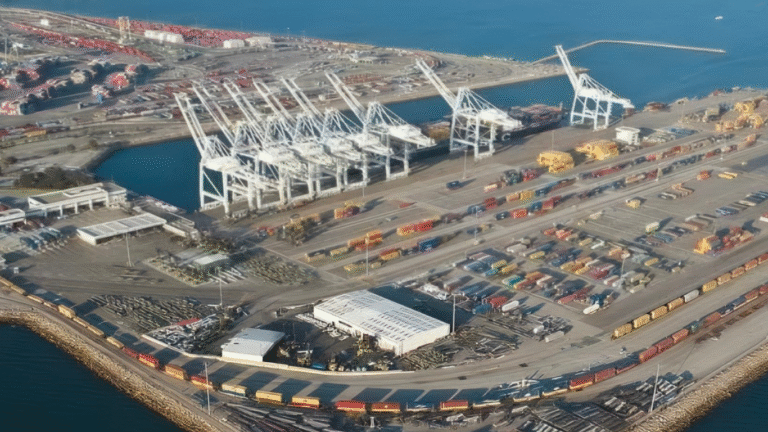
NEW DELHI, India, July 29, 2025 – A bold new initiative is sweeping across India, aiming to put local artisans and their unique products in the spotlight. The Prime Minister Ekta Malls (PMEMs), also called Unity Malls, are set to transform how India’s traditional crafts reach buyers, both at home and abroad. Announced in the Union Budget 2023-24, this project is designed to promote the One District One Product (ODOP) initiative, Geographical Indication (GI) tagged items, and local handicrafts, giving small entrepreneurs a platform to shine. With construction already underway in several states, the malls are poised to boost local economies and celebrate India’s diverse heritage.
The PM Ekta Malls are more than just shopping spaces. They’re a vision to empower artisans, weavers, and farmers by giving them a direct link to customers. Each mall will feature at least 36 stalls, representing every state and union territory, ensuring equal space for districts to showcase their specialties. Think Rajasthan’s vibrant Blue Pottery from Jaipur, Kashmir’s soft Pashmina shawls, or Tamil Nadu’s intricate handlooms – all under one roof. “These malls will be a game-changer for rural artisans who struggle to find markets,” said Union Commerce Minister Piyush Goyal at a recent event in Lucknow. The government has allocated ₹5,000 crore in interest-free loans to states, with each getting at least ₹100 crore to build these hubs, as part of the Scheme for Special Assistance to States for Capital Investment 2023-24.
As of July 2025, nine states – Bihar, Assam, Tripura, Nagaland, Manipur, Arunachal Pradesh, Gujarat, Maharashtra, and Madhya Pradesh – have held stone-laying ceremonies for their malls. Uttar Pradesh is among the next in line, with plans for a Unity Mall in Lucknow and a proposed site in Varanasi. Agra’s location has also been confirmed, promising a boost for the city’s famous marble inlay work. Other states like Kerala, Odisha, Telangana, and Rajasthan are preparing detailed project reports to join the initiative. In Puducherry, five acres of land in the defunct Anglo French Textile Mills have been earmarked for a mall featuring a grand design with food courts, an amphitheater, and digital displays to enhance the visitor experience.
The inspiration for PM Ekta Malls comes from the success of the Ekta Mall near the Statue of Unity in Gujarat’s Kevadia. Spanning 35,000 square feet, this two-story mall houses 20 state emporiums, offering everything from Nagaland’s tribal artifacts to Kerala’s spices. While visitors praise its celebration of India’s diversity, some have noted high prices compared to local markets and limited food options. Learning from this, upcoming malls aim to improve affordability and add amenities like food courts and interactive kiosks. For example, Ujjain’s Unity Mall, India’s first, will include an auditorium and a garden, backed by a ₹284 crore investment.
The malls align with the ‘Make in India’ and ‘Atmanirbhar Bharat’ campaigns, aiming to make states export hubs for local crafts. By placing these malls in capital cities and tourist hotspots, the government hopes to attract international buyers, boosting India’s global brand. However, some raised concerns about maintenance, citing issues like poorly kept washrooms at the Kevadia mall.
Drawing from global models, PM Ekta Malls are looking at Japan’s Michi-no-Eki markets, which thrive on community involvement, and France’s National Interest Markets, which focus on quality and direct sales. These lessons could help ensure the malls offer high-quality products while keeping artisans at the heart of the process. In Assam, a ₹226 crore mall in Guwahati will feature 35 showrooms for northeastern GI products like Assam’s Muga silk, while Uttarakhand’s Rudrapur mall will have parking for 645 vehicles to handle tourist crowds.
For many artisans, these malls offer hope. By bridging the gap between rural producers and urban markets, PM Ekta Malls are set to make India’s local products a global sensation, all while fostering unity and economic growth.



